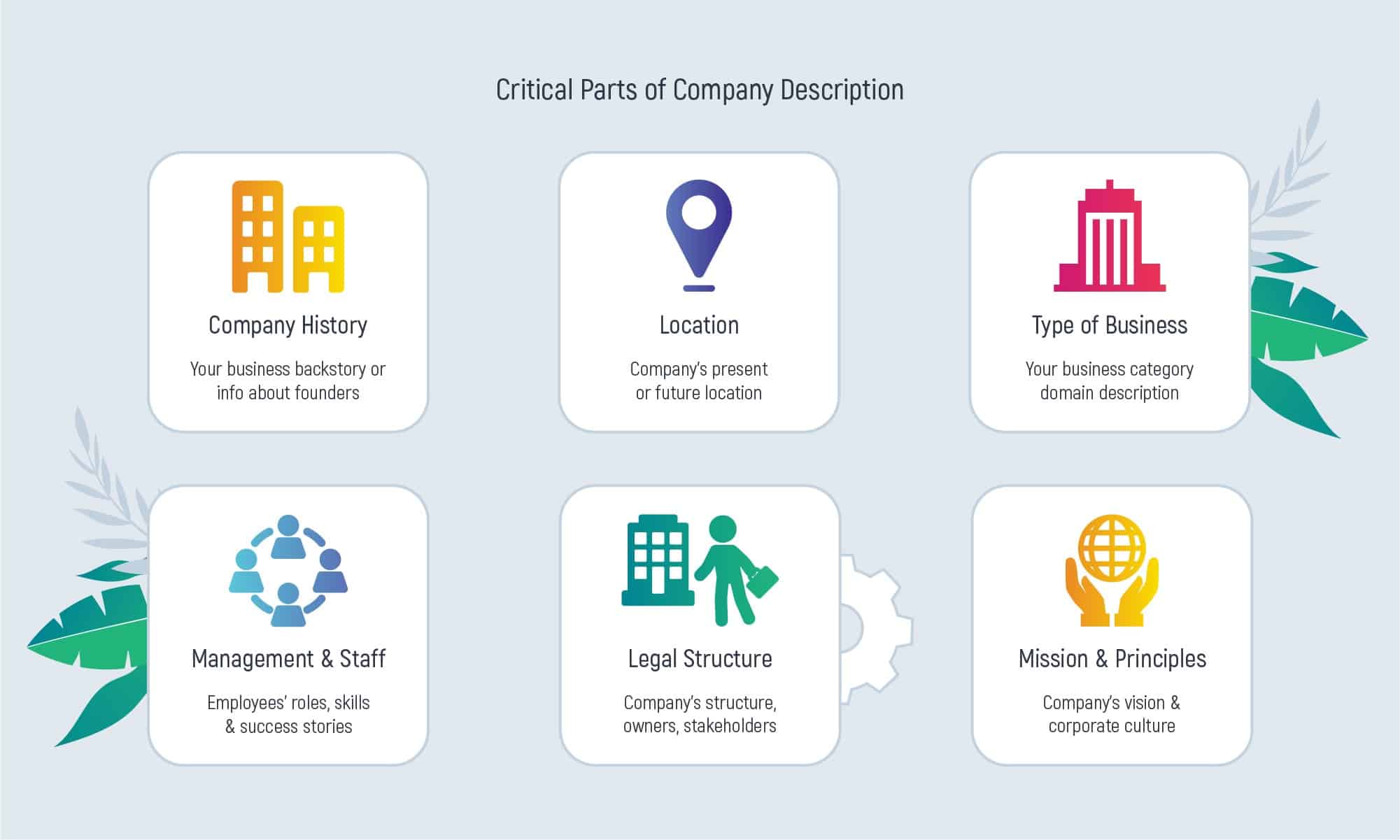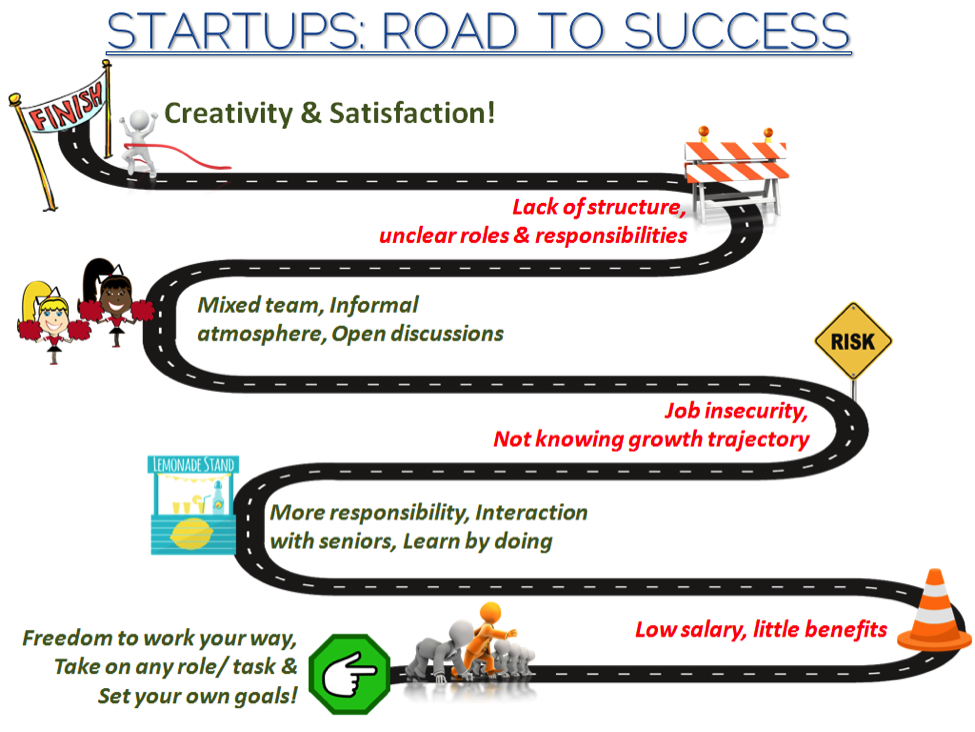Antwort What makes a company a startup? Weitere Antworten – How do you know if a company is a startup
There are a few key indicators:
- The company is relatively new. Startups are, by definition, new companies.
- The company is focused on innovation. Startups are all about innovation.
- The company is fast-paced and rapidly growing.
- The company has a small team of employees.
- The company is funded by venture capitalists.
Startups are founded by one or more entrepreneurs who want to develop a product or service for which they believe there is demand. These companies generally start with high costs and limited revenue, which is why they look for capital from a variety of sources such as venture capitalists.Startups are typically defined as new businesses that are small, fast-growing, agile, and often characterized by innovation. Established companies, on the other hand, are mature organizations with a long history of success, a well-developed corporate culture, and a reputation for stability.
What’s considered a startup : Startups are young companies founded to develop a unique product or service, bring it to market and make it irresistible and irreplaceable for customers.
Is my small business a startup
Startups want to grow with the goal of disrupting the market. Small businesses, on the other hand, are created for the purpose of entrepreneurship and serving a local market—and therefore, aren't concerned with growth on such a large scale.
At what point is a company no longer a startup : According to Wilhelm's initial proposition, a company cannot be considered a startup if it generates revenue that exceeds $50 million, employs more than 100 people, and has a valuation of $500 million or more.
Existing metrics to define a startup
According to Wilhelm's initial proposition, a company cannot be considered a startup if it generates revenue that exceeds $50 million, employs more than 100 people, and has a valuation of $500 million or more.
You are no longer a startup if you have achieved scale, albeit the arbitrary the definition of scale. Scale is typically measured in terms of revenue, number of employees and valuation, but can also include age i.e. categorizing companies that are more than 5 years old as no longer startups.
What makes a company not a startup
Existing metrics to define a startup
According to Wilhelm's initial proposition, a company cannot be considered a startup if it generates revenue that exceeds $50 million, employs more than 100 people, and has a valuation of $500 million or more.Startups want to grow with the goal of disrupting the market. Small businesses, on the other hand, are created for the purpose of entrepreneurship and serving a local market—and therefore, aren't concerned with growth on such a large scale.One of the biggest differences between a startup and a small business is the company's plans for growth. Generally, startup founders want to scale their businesses as quickly as possible. These companies need significant capital to reach the next level, and growth is critical for attracting investor dollars.
A startup is a company designed to grow fast. Being newly founded does not in itself make a company a startup. Nor is it necessary for a startup to work on technology, or take venture funding, or have some sort of "exit." The only essential thing is growth. This is not necessarily the "correct" or best definition.
How long can you call yourself a startup : You are no longer a startup if you have achieved scale, albeit the arbitrary the definition of scale. Scale is typically measured in terms of revenue, number of employees and valuation, but can also include age i.e. categorizing companies that are more than 5 years old as no longer startups.
Is Uber a startup : Key Takeaways. Today's leading ride-hailing app by far, Uber Technologies was founded in 2009 and quickly became the world's most valuable startup. Uber's disruptive business model, explosive growth, and constant controversies have made it one of the most fascinating companies to emerge since the late 2000s.
What makes a company no longer a startup
There are a few indicators that a company has graduated from startup to enterprise. If a company that began as a startup has built up revenue to over $50 million and has surpassed 100 employees, it is no longer a startup.
According to Wilhelm's initial proposition, a company cannot be considered a startup if it generates revenue that exceeds $50 million, employs more than 100 people, and has a valuation of $500 million or more.There are a few indicators that a company has graduated from startup to enterprise. If a company that began as a startup has built up revenue to over $50 million and has surpassed 100 employees, it is no longer a startup.
How long until a startup is not a startup : He stated that a startup ceases to be such after it reaches $100 million in revenue, has over 500 employees, or is valued at $2.5 billion or more.

:max_bytes(150000):strip_icc()/startup-53e4843c1edb49dd99492d4cc9802e83.jpg)



